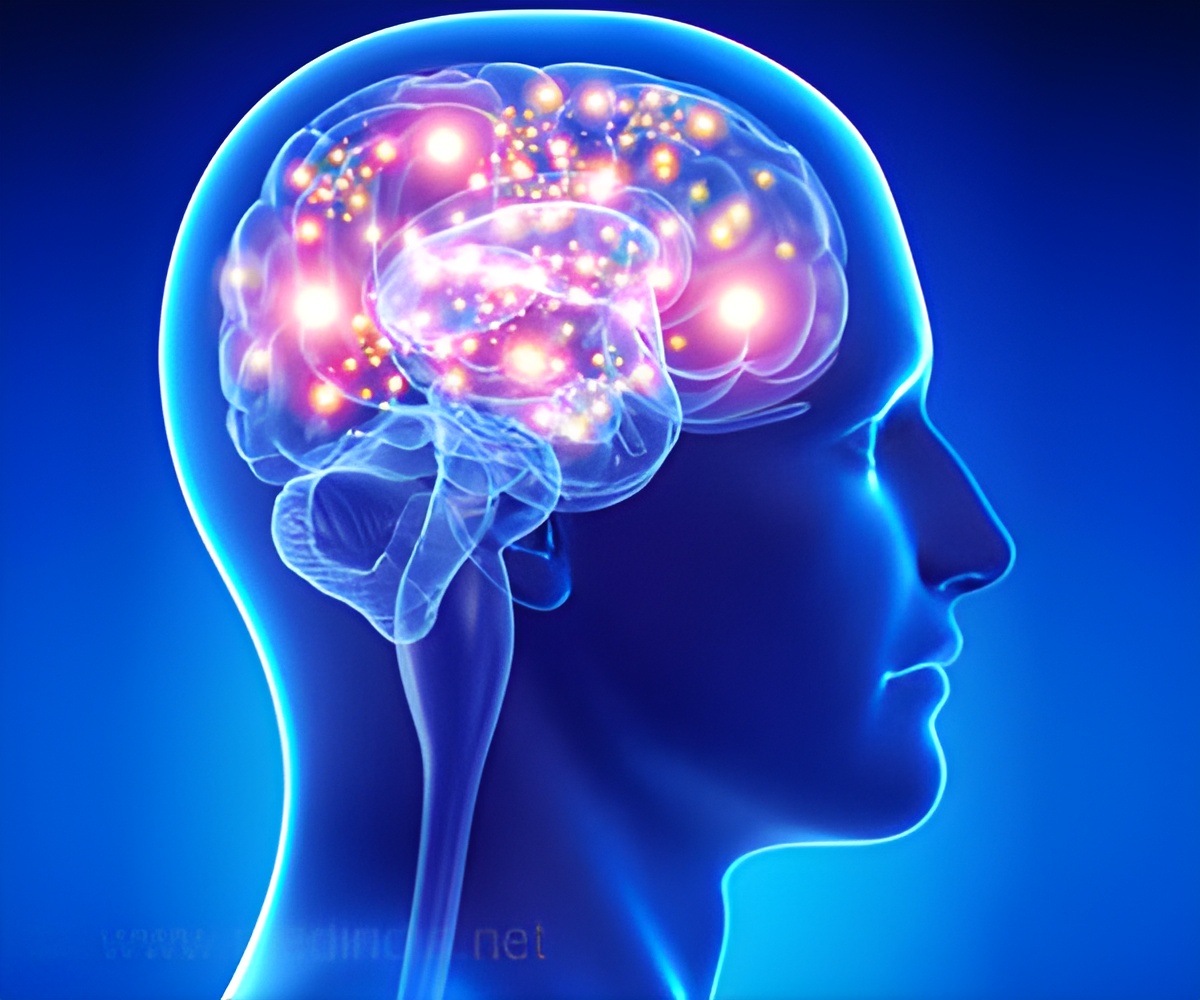
‘Neurodegenerative diseases are disorders that destroy motor neurons and other cells in the brain, with different diseases affecting different regions of the brain.’
Tweet it Now
The finding potentially could explain the mechanism by which Alzheimer's, Parkinson's, Huntington's and other neurodegenerative diseases spread within the brain and disrupt normal brain functions. "A possible therapy would involve boosting a brain cell's ability to degrade a clump of proteins and damaged vesicles," said study senior author Edward Campbell from Loyola University Chicago.
"If we could do this in one disease, it's a good bet the therapy would be effective in the other two diseases," Campbell said.
Neurodegenerative diseases are caused by the death of neurons and other cells in the brain, with different diseases affecting different regions of the brain. Alzheimer's destroys memory, while Parkinson's and Huntington's affect movement. All three diseases are progressive, debilitating and incurable.
Previous research has suggested that in all three diseases, proteins that are folded abnormally form clumps inside brain cells.
Advertisement
Different proteins are implicated in each disease: tau in Alzheimer's, alpha-synuclein in Parkinson's and huntingtin in Huntington's disease.
Advertisement
The researchers observed that once proteins get inside the cell, they enter vesicles - small compartments that are encased in membranes.
The proteins damage or rupture the vesicle membranes, allowing the proteins to then invade the cytoplasm and cause additional dysfunction.
Thus the study showed that protein clumps associated with the three diseases cause the same type of vesicle damage.
Source-IANS











